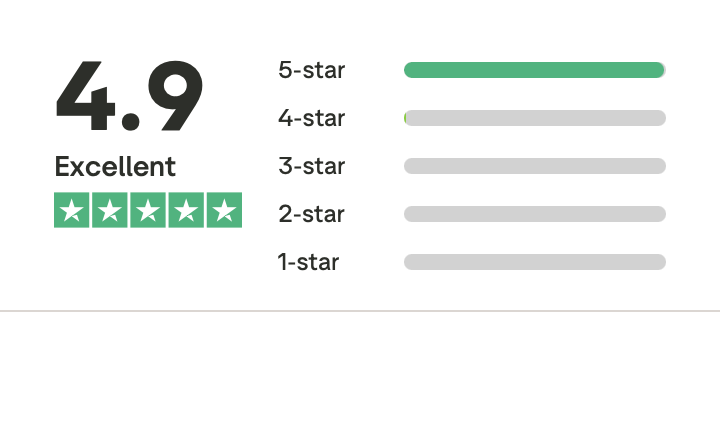
Research indicates that most individuals receive inadequate guidance about how care fees can be funded. The stark reality is that the vast majority of those responsible for their own care costs are unlikely to cover these expenses without using up at least some of their assets.
The most common approach for funding any ‘shortfall’ between existing income and care costs tends to be to simply draw down what is needed each month from savings, and perhaps property sale proceeds, and hope that these do not run out completely.
Eldercare Solutions specialises in advising on care home funding for self-funders and we believe that such an important decision should only be made once you are in possession of all the facts. This is especially important if you are making decisions under a Power of Attorney as it is your duty to act in the other person’s best interests.
Read on for further information on care home funding and paying for home care services or visit the Care Fees Advice Journey page to show how our experienced advisers find the right care solution for your needs.

"Responsive, friendly & reassuring service offering clear, jargon-free advice"

"Responsive, friendly & reassuring service offering clear, jargon-free advice"
Costs: What Government support can I expect?
If you are eligible for funding support, your local council could pay some or most of the fees. The council will carry out a care needs assessment. If this concludes you need care in a care home, they will carry out a financial assessment to work out whether you qualify for help with the cost. This will look at your income and capital.
If you have capital currently totalling in excess of £23,250 (in England) you will not qualify for assistance from your Local Authority until such time as your capital drops below this amount (or equivalent limit at the time). In this scenario, you will have to meet your care fees in full, from income and capital and most savings and assets are included in the Local Authority financial assessment.

Will I have to sell my home to pay for care?
While most savings and assets are included in the Local Authority financial assessment, there is a lot of confusion surrounding the subject of whether or not a person’s home is included. Please download our Paying For Care guide for more information or get in touch with our friendly advisers.
If you do need to sell a property to cover care home fees, please visit the Property Solutions page for information on how we can help you through this process.

Care home funding options
Paying directly from capital
This is the most common approach, although research suggests that this has more to do with lack of awareness of alternative funding methods than because it is the most suitable. In most cases there will be the possibility of the capital running out.
Care fees annuities
Purchasing a care fees annuity is a genuine alternative to meeting care costs directly from capital or investments and will pay out a guaranteed, tax-free income for life. This is not the same as a pension annuity which would offer a much lower and taxable income because it does not take into account the age and state of health of the individual.
Investing the capital
If you have a significant amount of capital, then investing it wisely may produce the income required to meet the shortfall. For most people, however, this method of funding carries a degree of uncertainty and risk and erosion of capital is likely to occur.
A combination option
The final option might be to simply ‘insure’ part of the fees shortfall using the care fees annuity and then use an appropriate investment vehicle to generate the income for the balance. There needs to be a reasonable amount of capital available to make this work and it is imperative that the split is correct to avoid erosion of capital.
The Eldercare team are here to help!
Call: 01438 360082 or 0800 082 1155
Email: advice@eldercaregroup.co.uk
Get in touch
If you would prefer that we give you a call or answer any questions by email, please just complete the following information and a member of the team will get back to you just as soon as we can.
This information will only be used to deal with your enquiry. For further information on how we use and store your data, please see our Privacy Policy.



Achieving the Later Life Adviser Accreditation (LLAA) and becoming a member of the Society of Later Life Advisers (SOLLA) is an endorsement of our skills and experience of working with, and understanding the needs of, older people, their families and carers. It is widely recognised as the Gold Standard in later life financial advice.
Eldercare Group Ltd can accept no responsibility for links to external sites as we have no control over their content. Eldercare Solutions Ltd is authorised and regulated by the Financial Conduct Authority. Eldercare Property Partners Ltd is a sister company of Eldercare Solutions Ltd and is not regulated by the FCA.
The Financial Ombudsman Service is available to sort out individual complaints that clients and financial services businesses aren’t able to resolve themselves. To contact the Financial Ombudsman Service please visit www.financial-ombudsman.org.uk or write to them at: The Financial Ombudsman Service, Exchange Tower, London, E14 9SR






